US sanctions India-Mexico network for human smuggling, money laundering
Operating from Cancun, the network allegedly used its own yachts and marinas to ferry undocumented migrants into Mexico, before transferring them into the U.S.
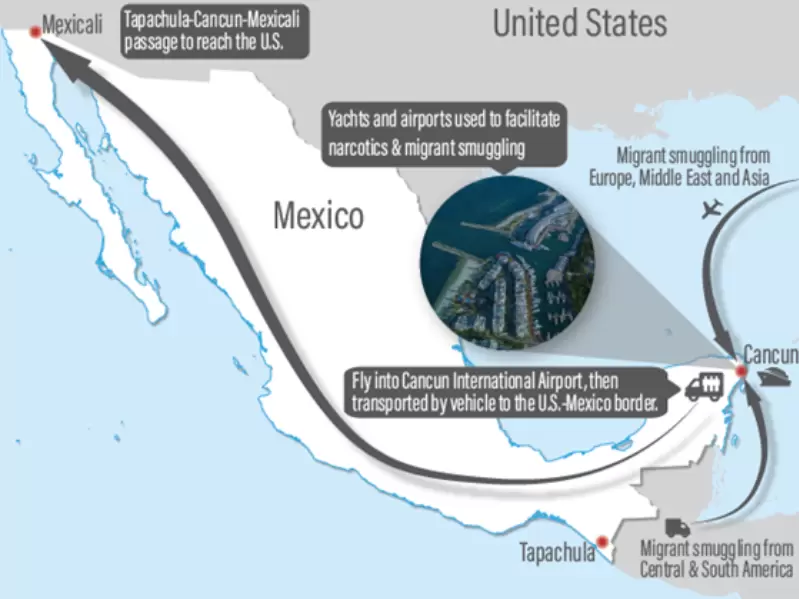 Route used by the Smugglers. / Department of Justice
Route used by the Smugglers. / Department of Justice
The Trump Administration on Oct. 30 imposed sweeping sanctions on an Indian-Mexican crime syndicate accused of smuggling thousands of migrants from across continents into the country, marking one of Washington’s most decisive actions yet against a transnational network operating from Mexico’s resort city of Cancun.
The US Department of the Treasury’s Office of Foreign Assets Control (OFAC) announced the sanctions against the Bhardwaj Human Smuggling Organisation (HSO), its alleged leader Vikrant Bhardwaj, and 16 affiliated companies across Mexico, India, and the United Arab Emirates (UAE) for “profiting from human smuggling, drug trafficking, bribery, and money laundering.”
“At the direction of Secretary Bessent and President Trump, the Treasury Department is taking action to crack down on human smugglers,” said Under Secretary for Terrorism and Financial Intelligence John K. Hurley. “Today’s action disrupts this network’s ability to smuggle illegal aliens into the United States.”
The move, taken under Executive Order 13581, targets organizations deemed to pose significant transnational criminal threats. OFAC said the action was coordinated with Homeland Security Investigations (HSI), the Drug Enforcement Administration (DEA), and Mexico’s financial intelligence unit (UIF).
Dual Citizen Led Global Network
Bhardwaj, described as a dual Indian-Mexican national, is accused of leading a complex smuggling and financial empire that has “blended transportation by air and sea” to move migrants from Europe, the Middle East, South America, and Asia to the United States.
Operating from Cancun, the network allegedly used its own yachts and marinas to ferry undocumented migrants into Mexico. Once in the country, migrants were housed in hostels and hotels before being transported north to the U.S.-Mexico border — often through the Tapachula-Cancun-Mexicali corridor, a route also used by the Hernandez Salas cartel, previously sanctioned in 2023.
Bhardwaj, who calls himself the CEO of multiple businesses in India, Mexico, and the UAE, allegedly laundered illicit money through his marinas and real estate ventures, continuing to evade law enforcement while building a network of shell firms.
Indian Links and Family Role
Among the sanctioned companies are Veena Shivani Estates Pvt. Ltd., VVN Buildcon Pvt. Ltd., Bhavishya Realcon Pvt. Ltd., and Michigantap Hospitality Pvt. Ltd. — all registered in India and accused of facilitating the Bhardwaj network’s financial operations.
Also named in the sanctions list is Bhardwaj’s wife, Indu Rani, who holds dual Indian-Mexican citizenship and allegedly co-managed the network’s finances. She is a co-shareholder in several companies spanning India and Mexico and is accused of acting “on behalf of or for the benefit of” the smuggling organization.
Associates and Cartel Connections
The US also identified Jose German Valadez Flores, a Mexican businessman described as Bhardwaj’s close associate, and Jorge Alejandro Mendoza Villegas, a former police officer in Quintana Roo, as senior operatives.
Valadez is accused of bribing Mexican officials to allow the flow of undocumented migrants, while Mendoza allegedly exploited his airport access to coordinate arrivals and departures through Cancun International Airport.
The Bhardwaj network reportedly also received operational support from members of the Sinaloa Cartel, one of the world’s most powerful drug-trafficking organizations.
Sanctions Reach Three Continents
The US government’s list of sanctioned entities spans Mexico, India, and the UAE, including firms in construction, real estate, hospitality, and energy.
Among them are Black Gold Plus Energies Trading L.L.C. (UAE), V and V Astillero S.A. de C.V., and Operadora Turistica Principessa S.A. de C.V. (Mexico).
All assets belonging to Bhardwaj, Rani, and their companies under US jurisdiction have been frozen, and American citizens are barred from conducting any transactions with them. Violations could result in civil or criminal penalties, the Treasury warned.
ADVERTISEMENT
ADVERTISEMENT
E Paper
Video



 Lalit K Jha (5WH)
Lalit K Jha (5WH)





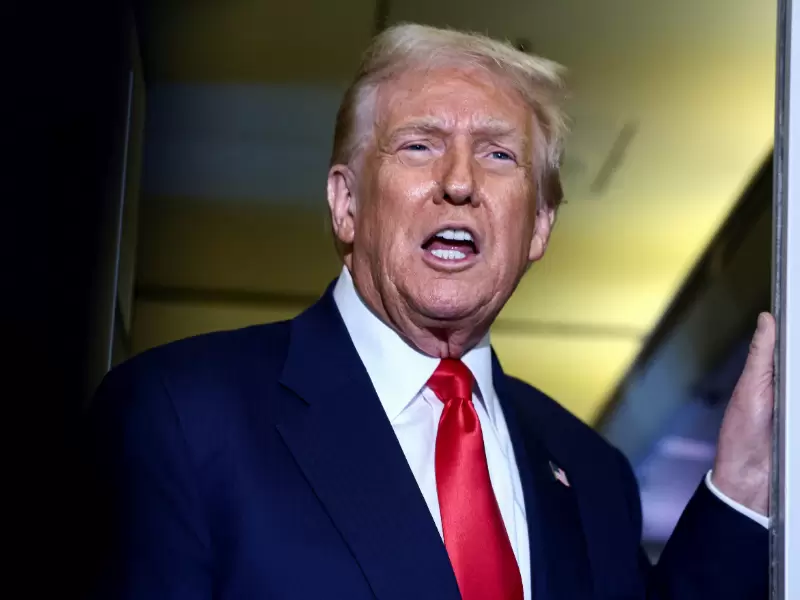


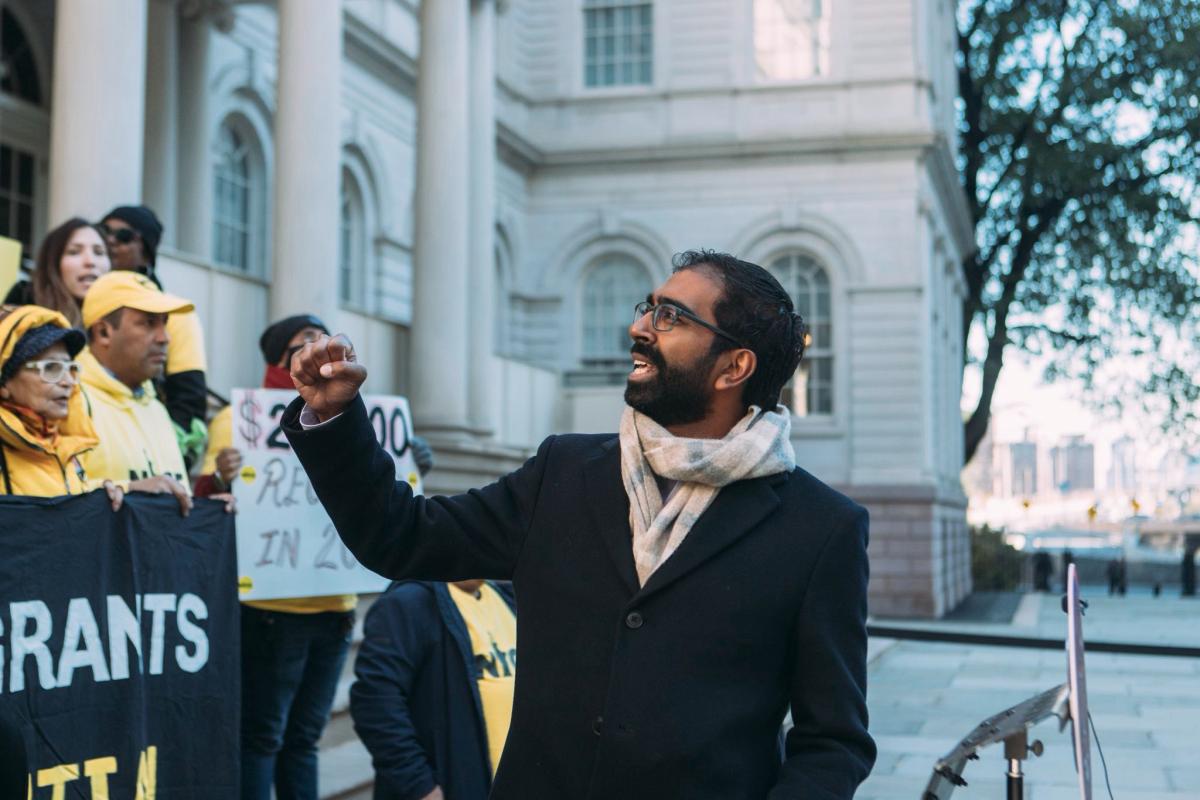
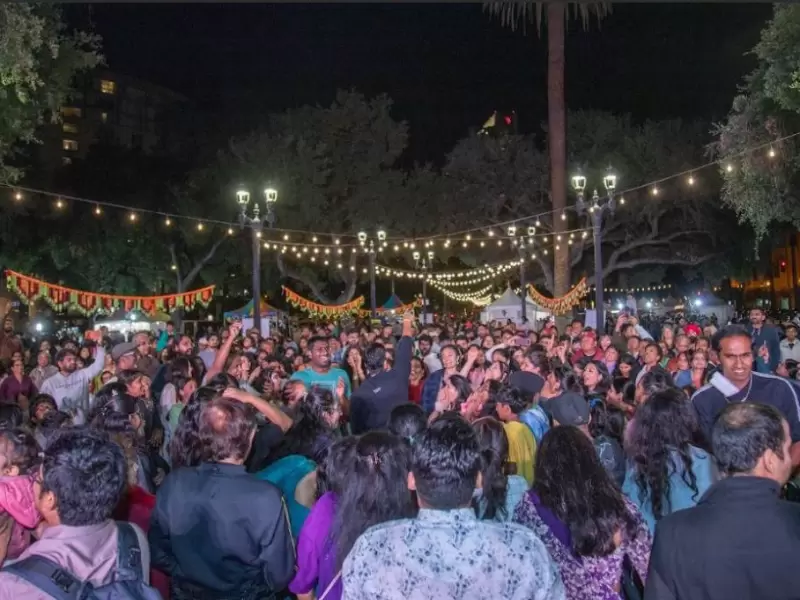
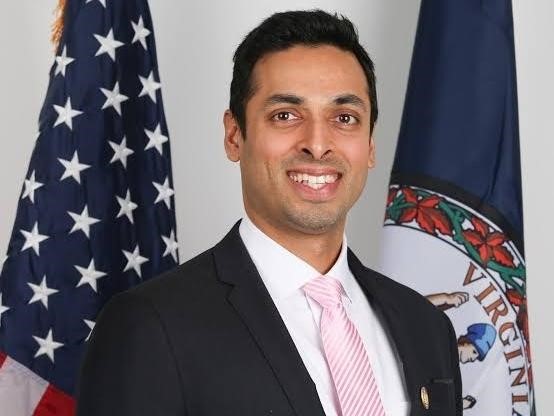


Comments
Start the conversation
Become a member of New India Abroad to start commenting.
Sign Up Now
Already have an account? Login